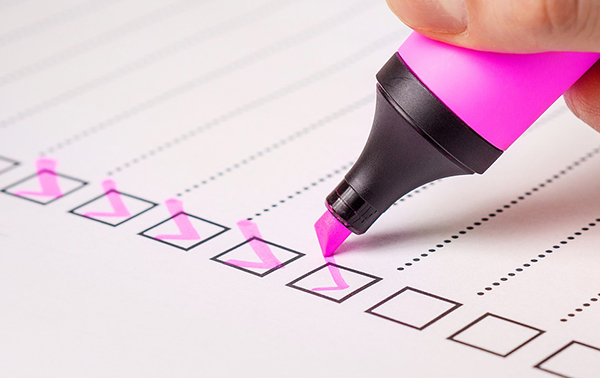 Editor’s Note: Tom Dunlap is Managing Partner of Dunlap Bennett & Ludwig, PLLC, a leading corporate and intellectual property law firm based in the Washington, DC metro area. He specializes in patent, trademark, trade secret, commercial, entertainment law, business and government contracts disputes, litigation and transactions.
Editor’s Note: Tom Dunlap is Managing Partner of Dunlap Bennett & Ludwig, PLLC, a leading corporate and intellectual property law firm based in the Washington, DC metro area. He specializes in patent, trademark, trade secret, commercial, entertainment law, business and government contracts disputes, litigation and transactions.
Did you know the first person to file for a patent in the United States is the owner, regardless of who thought of it first? Did you know that patent applications are, in most cases, required by law to be kept secret for 18 months so they will be secure until the product launch? Did you know that inventors can file provisional patent applications to create a legal “book mark” preserving rights in their invention for 12 months?
These questions are just a sampling of what isn't always known by manufacturers, engineers, and inventors in the product development process.
Below is a “what you need to know” on the patent process to protect your ideas and products:
Know what is patentable. To be patentable an invention must be new, useful and not obvious (to one “skilled in the art”). At a very high level, this means:
- New – No one has done this before in the realm of public knowledge. It is not just that there are no other patents, but it also cannot appear in any publication or be an invention that is already available.
- Useful – The patent has to do something. You could not, for example, patent a time machine because you can prove that it works (that it is “enabled” in patent parlance).
- Not Obvious – The patent cannot just take an invention that already exists and improve it in an obvious way. This is tricky and often requires a patent attorney to really understand in detail. As an example – you could not patent a new stove top with 14 burners, because you are taking something that already exists in the realm of public knowledge and increasing its capacity. On the other hand, if the 14 burner stove was somehow innovatively arranged to save space in a way no one had thought of, then you might have a patentable invention.
Know when filing a patent is the right next step. Whenever you want to gain exclusive rights to prevent others from making or selling using the patented invention. If the patent is issued, this allows the inventor the opportunity to monetize the invention as the market leader and keep others from making or selling a product that infringes the inventors issued patent.
The potential for financial gain is generally what drives the decision to file for a patent or not including these areas:
- Selling or licensing the rights to another company: Your growth may benefit more by licensing the product vs. development and implementation by your company.
- The ability to cross-license: Businesses and inventors will have the ability to engage in cross-licensing after a patent is prosecuted. Cross-licensing is basically an exchange of rights to use patented or copyrighted material between two or more parties.
Know the process or bring in an expert when you file. One of the most important steps in the process is the patent search. This will turn up inventions and products that may compete with or preclude your own application which will help you decide next steps and further investment.
As mentioned above, there is a legal requirement to keep applications within the previous 18 months confidential, so it is impossible to be certain that someone else hasn't already filed for a similar product. Some will conduct their own but consider hiring a patent lawyer or agent as they will better understand the prior art and how to properly search for similar applications to yours.
In summary, product development engineers, manufacturers, even individual inventors need to prepare for the patent process because it is the only legal way to literally own exclusive rights to an invention.
SC
MR


Latest Supply Chain News
- Few executives believe their supply chains can respond quickly to disruptions
- Technology’s role in mending supply chain fragility after recent disruptions
- Tech investments bring revenue increases, survey finds
- Survey reveals strategies for addressing supply chain, logistics labor shortages
- Israel, Ukraine aid package to increase pressure on aerospace and defense supply chains
- More News
Latest Podcast

 Explore
Explore
Business Management News
- Few executives believe their supply chains can respond quickly to disruptions
- Technology’s role in mending supply chain fragility after recent disruptions
- Survey reveals strategies for addressing supply chain, logistics labor shortages
- How CPG brands can deliver on supplier diversity promises
- How S&OP provides the answer to in-demand products
- AI, virtual reality is bringing experiential learning into the modern age
- More Business Management
Latest Business Management Resources

Subscribe

Supply Chain Management Review delivers the best industry content.

Editors’ Picks





